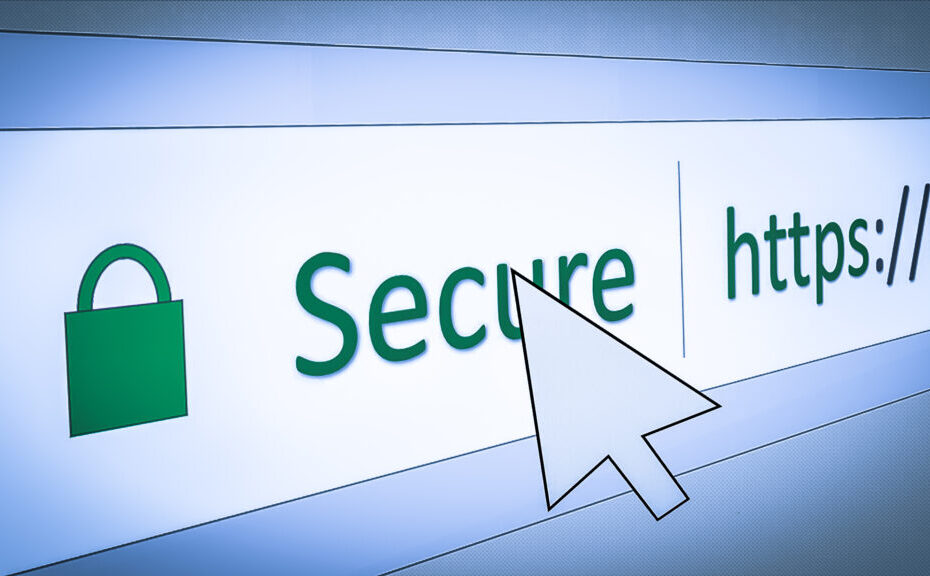
When using the internet, we connect to thousands of other computers that we exchange various information and data with, including personal details. It is important to make sure our device, information and our privacy are as secure as possible with the safe browsing practices. Some simple precautions will keep us safe online.
Web safety is all about how we conduct ourselves online.
Here are the 10 leading Internet safety recommendations to follow to prevent getting into problems when surfing the web (and offline).
1. Keep your personal data professional and minimal.
Do not provide information about personal relationships or home addresses to potential employers or clients. Provide only the required information on area of expertise, work history, and contact information. Don’t give out sensitive information to people online just as you wouldn’t give it out to a single stranger.
2. Keep Your Privacy Settings On
Both marketers and hackers want to know everything about us. Both can benefit greatly from our online activity and social media use. However, we have control over our information. adjust the web browsers and mobile operating system to preserve your online privacy. Also accessible are privacy-enhancing options on popular websites like Facebook. Because businesses need our personal information for marketing purposes, these settings might occasionally be (intentionally) difficult to locate. Ensure that you have enabled and continue to enable these privacy protections
3. Practice Safe Browsing
Don’t explore risky areas online just as you wouldn’t want to go through one. Lurid information is used as bait by cybercriminals. They are aware that occasionally people get seduced by questionable information and may let their guard down when looking for it. One wrong click might reveal personal information or render our device vulnerable in the dark corners of the Internet. we don’t even give the hackers a chance by avoiding the desire.
4. Make Sure Your Internet Connection is Secure
There is no direct control over the security of an Internet connection when we use one in a public setting, such as a Wi-Fi hotspot. Verify the security of the device, and if in question, postpone giving out information like bank account numbers until a better moment (i.e., when you’ve connected to a secure Wi-Fi network).
Use a secure VPN connection to further increase online safety (virtual private network ) preventing anybody from viewing or accessing the data we exchange
5. Be Careful with What You Download
Cybercriminals’ main objective is to mislead us into installing malicious software, which includes apps or programs that spread malware or attempt to steal data. This virus may appear to be an app that checks the traffic or the weather, a popular game, or both. Avoid downloading programs that seem dubious or originate from unreliable websites.
6. Use Strong Passwords
Passwords are one of the biggest weak spots in the whole Internet security structure, but there’s currently no way around them. Choose secure passwords that are challenging for attackers to crack. We may manage several passwords with password manager software so that we don’t forget them. A strong password consists of at least 15 characters, a combination of letters, numbers, and special characters, and is both original and difficult.
7. Make Online Purchases From Secure Sites
When shopping online, make sure we only do it on safe sites, which we can identify by checking at the URL. Secure websites will have URLs that begin with https:// (rather than http://). The padlock icon in the address bar of the browser should be closed.
Do not enter credit card or bank account information if the website is not using encryption and this is exactly the information that fraudsters are most anxious to obtain.
8. Be Careful What You Post
There is no erase button on the Internet. Any comment or image you upload online may remain online indefinitely since deleting the original (say, from Twitter) does not erase any copies produced by others. There is no way to “take back” a statement you regret making, or to delete that awkward selfie you snapped at a party. Don’t post anything on the internet that you wouldn’t want your mother or a potential employer to see.
9. Be Careful Who You Meet Online
People you meet on the internet are not always who they say they are. They might not even be genuine. According to experts, bogus social media identities are a popular tool for hackers to get close to unsuspecting Web users and pick their virtual wallets. Be just as cautious and prudent in your online social life as you are in your offline social life.
10. Keep Your Antivirus Program Up To Date
Although Internet security software cannot defend against every threat, it can detect and eliminate the majority of malware—though it should be kept up to date. Make careful to keep up with operating system upgrades as well as software updates. They add an important layer of security.
References:
For further clarifications or support, please write to contact@paradigmitcyber.com

